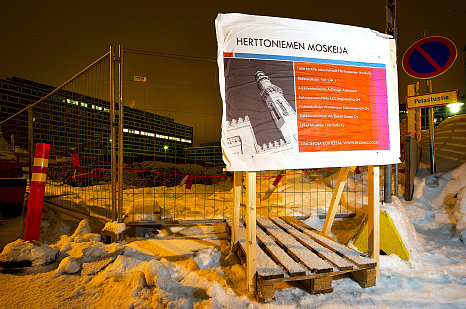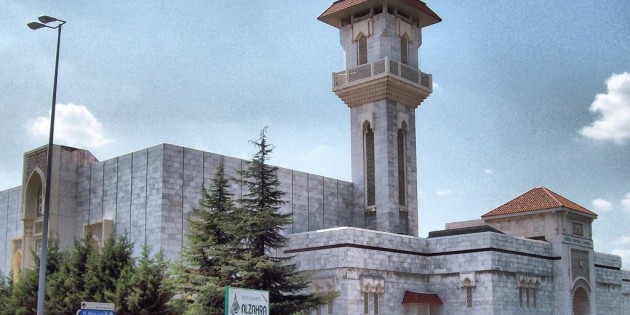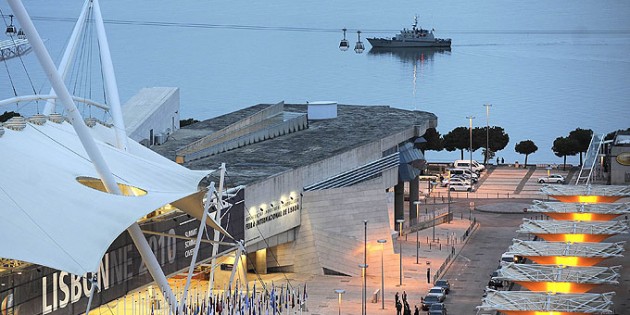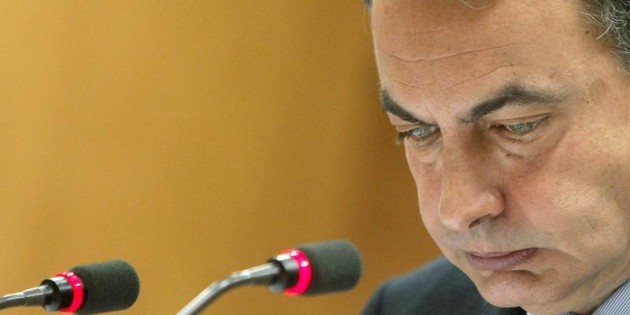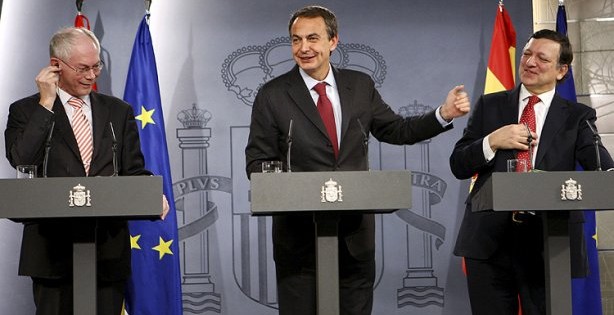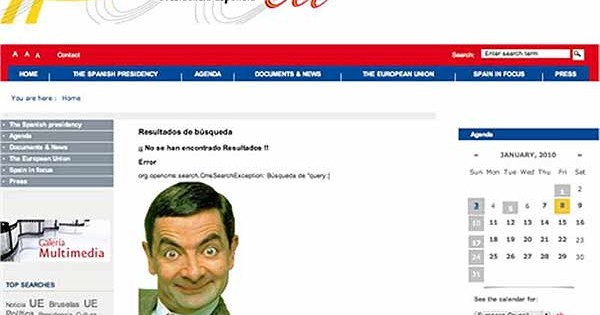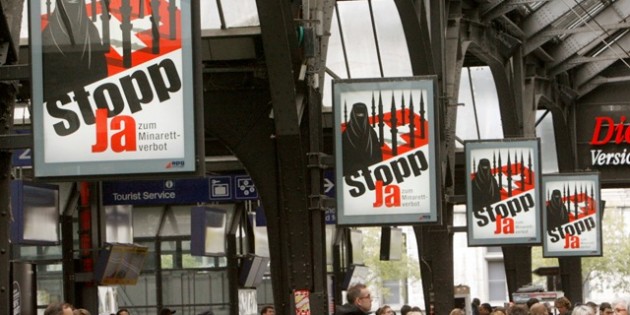Home » Archives for Soeren Kern » Page 40
Finland’s political map has been redrawn in the aftermath of parliamentary elections on April 17, when the nationalist True Finns Party won more votes than the governing party and now stands on the cusp of political power.
France’s much-debated “burqa ban” entered into force on April 11. The new law, which prohibits the wearing of Islamic body-covering burqas and face-covering niqabs in all public spaces in France, comes amid rising frustration that the country’s estimated 6.5 million Muslims are not integrating into French society.
An unintended but highly illuminating irony of the military intervention in Libya is that it has exposed the duplicity behind European pacifism.
The trial of Austrian anti-Sharia activist Elisabeth Sabaditsch-Wolff for “denigrating” Islam has major implications for free speech in Europe.
The city of Barcelona has agreed to build an official mega-mosque with a capacity for thousands of Muslim worshipers. The new structure would rival the massive Islamic Cultural Center in Madrid, currently the biggest mosque in Spain. The Barcelona mayor’s office says the objective is to increase the visibility of Muslims in Spain, as well […]
The leaders of the 28 member states of the North Atlantic Treaty Organization (NATO) meet in Lisbon, Portugal on November 19-20 to chart the future course of the transatlantic military alliance. The gathering in Lisbon is being billed as one of the most important summits in the history of the alliance.
Spain’s debt-laden Socialist government is caught in a Catch-22 situation in which it has failed to satisfy conflicting demands to cut its budget and stimulate job creation and economic growth. If the government cuts public spending to the level needed to reduce the deficit, it will drag down economic growth and make it more difficult […]
Although neither candidate has spelled out exactly where the budget axe will fall, military spending will almost certainly take a hit in coming years, regardless of who leads the next government. In fact, all three candidates say the status quo on military spending is unsustainable, and all are calling for a post-election strategic defense review […]
The future direction of European defense is at a crossroads. On the one hand, the NATO experience in Afghanistan has cast into stark relief the limits of European military capacities, not only at the operational but also at the political levels. On the other hand, the recently enacted Lisbon Treaty offers important new opportunities to […]
Spain holds the six-month rotating presidency of the 27-member European Union from January through June 2010. The following analysis explains the domestic political and economic context facing the Zapatero government during Spain’s EU presidency. It then examines in greater detail several of the Zapatero government’s stated priorities for Spain’s EU presidency, and then closes with […]
Spain’s six-month rotating presidency of the European Union, which began on Jan. 1, 2010, is off to a bumpy start. With the Lisbon Treaty now in effect, the traditional role of the EU rotating presidency has been downgraded.
Swiss voters have overwhelmingly approved a referendum to ban the construction of minarets.


